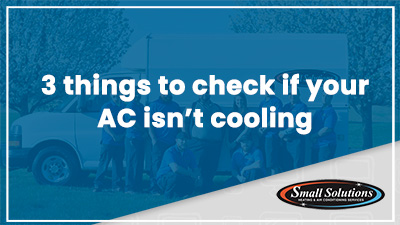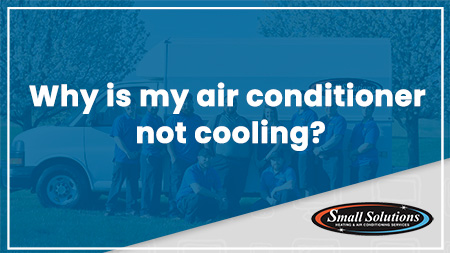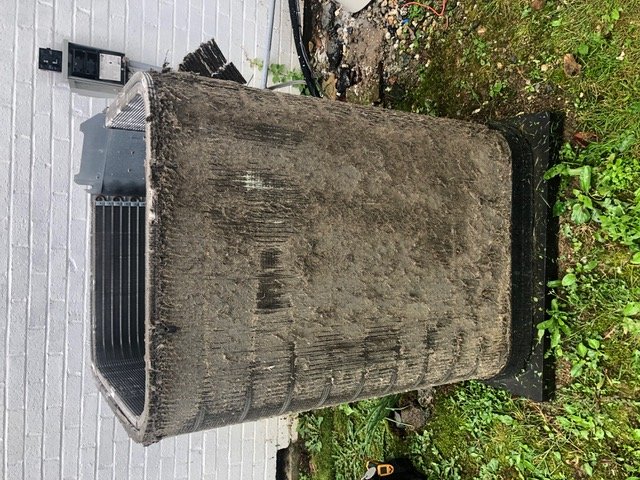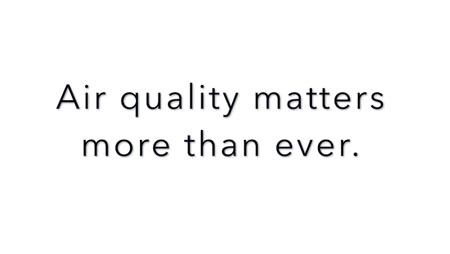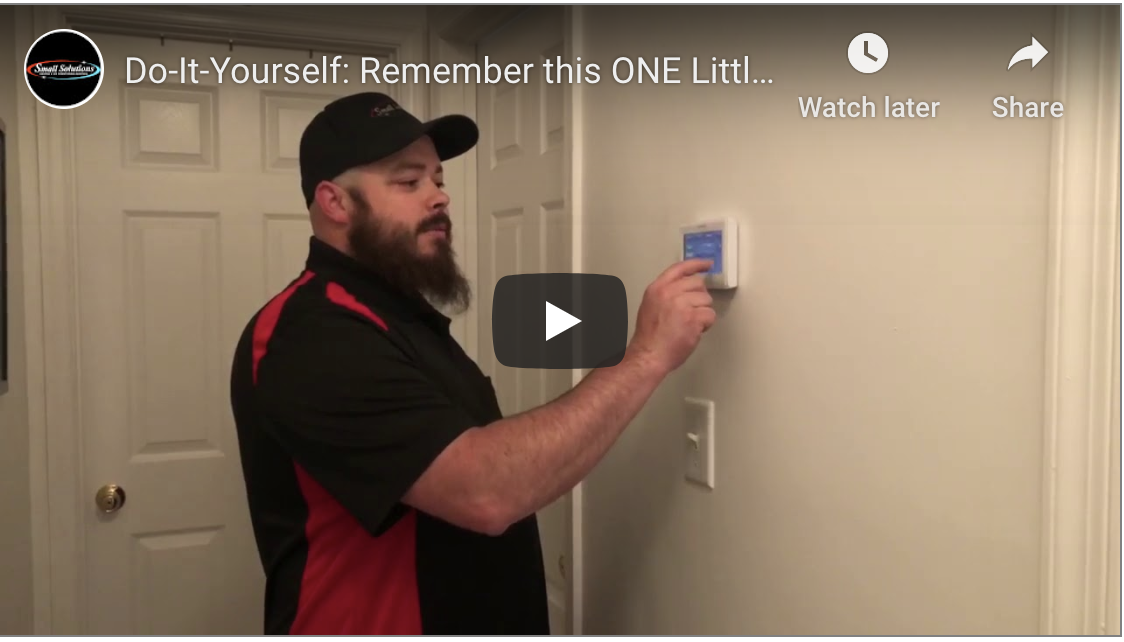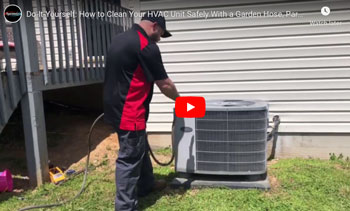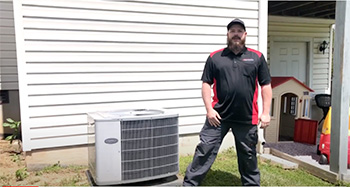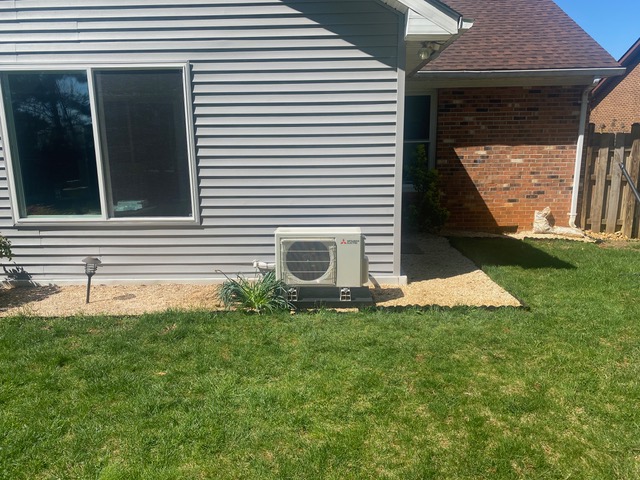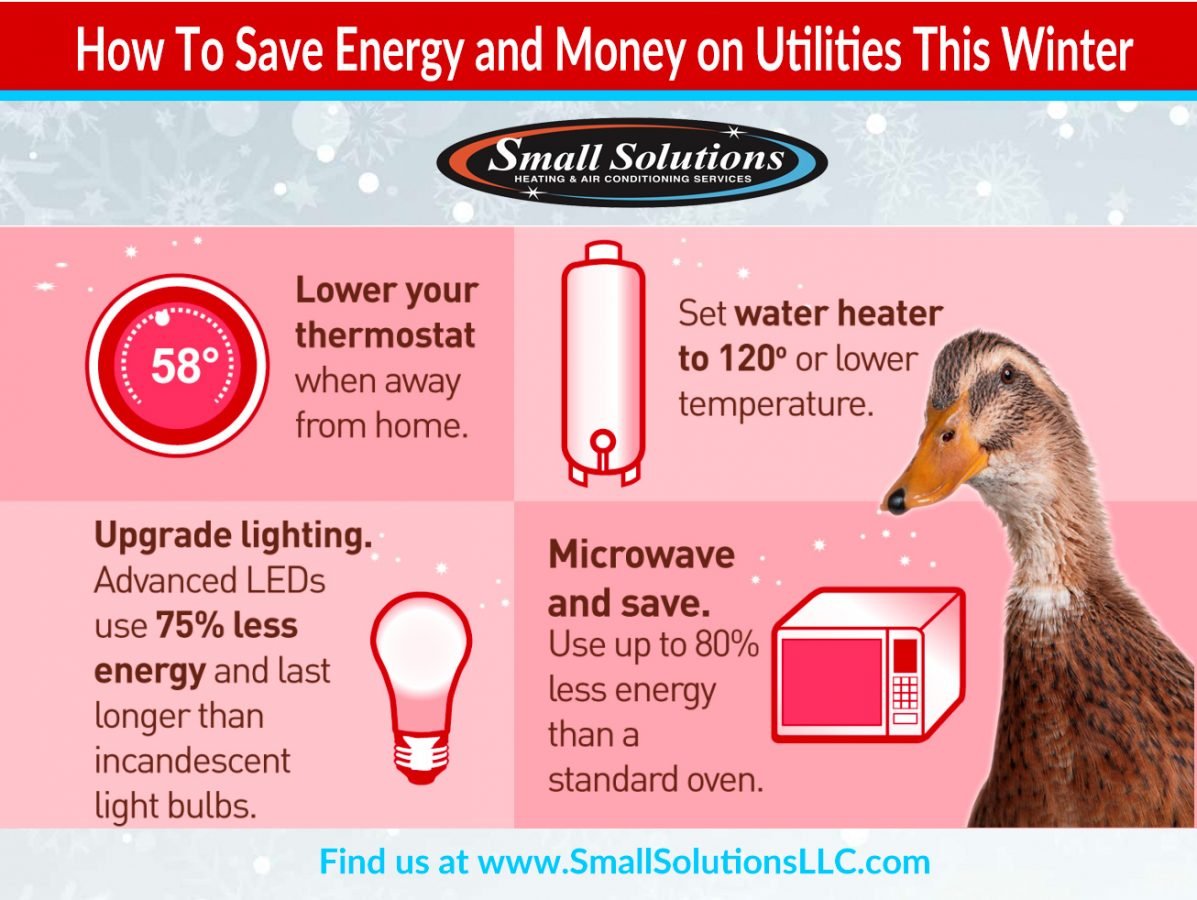Are you getting a little hot and bothered with your AC lately?
On a hot day, the last thing you want is to walk into your house and discover that your central air conditioner has quit on you. When your air conditioner suddenly stops working, it can be cause for alarm or it can be something as simple as a blown fuse or tripped circuit breaker. Thankfully, an AC that’s not cooling is not always an expensive repair. There can be several common issues that you can check that you can easily manage without a lot of hassle.
First, though, it’s worth noting: is the outdoor temperature above 92ºF?
If so, then it may not be your AC that’s having a problem. There’s this thing called the “design temperature” in the world of HVAC systems: every geographical area has what’s called a “1% summer design temperature”. It’s the temperature that your location will exceed only 1% of all the hours in a year. So, what does that mean?
Let’s say you live in a city in Florida that has a design temperature of 92º. If your AC struggles to cool your home on days that are above 92º, it’s probably because your AC unit was designed to provide optimal comfort when it’s less than 92º.
If it’s super hot and your AC isn’t cooling, it may simply be that it wasn’t designed for those temperatures. In this case, you want to add a fan to help keep your home comfortable.
However, beyond that, certain problems can prevent an air conditioner from properly cooling down your home including:
- A dirty air filter
- A blocked condenser
- A refrigerant leak
- An undersized AC
- Leaky ducts
- An older AC
That being said, an air conditioner that has stopped cooling may be solved by fixing one of these 3 common issues. We see this regularly with our customers, so it’s worth checking:
- Power issues
- Thermostat issues
- Filter issues
Power issues:
This is the simplest. Have you checked the power cord to the AC? Is it plugged in? Is the electrical outlet still active? If so, how’s the electrical fuse box? Is there a blown fuse causing the issue? Or is
Thermostat issues:
Make sure your thermostat is set to cool. Many thermostats are tricky and homeowners may be able to save themselves headaches by reading the manual. Turn the temperature setting all the way down and see if that triggers your AC unit to come on. It may be that your thermostat has an electrical issue or needs to have the batteries replaced. Can you verify that all of the wiring into the thermostat is connected properly?
Filter issues:
Your air filter is designed to trap contaminants in the air before it gets pulled into the AC system. But over time that means that your filter gets dirty and clogged. And if a dirty filter isn’t replaced, it can seriously limit your AC’s cooling power. Some units are designed to shut off automatically if the filter gets clogged.
Depending on the age of your unit and the level of work involved, you may want to consider updating your system. If your unit is over 10 years old, you may want to consider having an HVAC professional inspect your system and give you an idea of best options. Don’t risk damaging your investment by letting your air conditioner problem continue. We can help answer your questions if you’re unsure of the best move for your place, your needs and your budget. If you’re in the northern Virginia area, give us a call or fill out the form here on our site and we’ll get you set!



